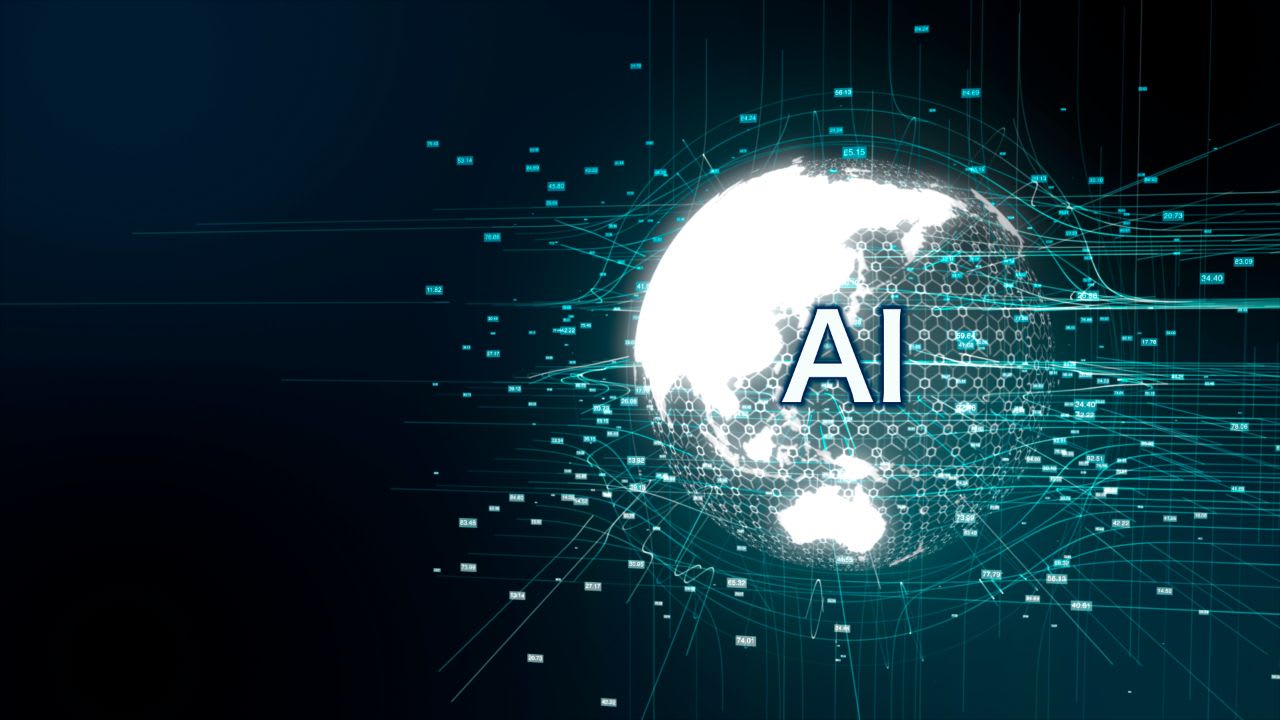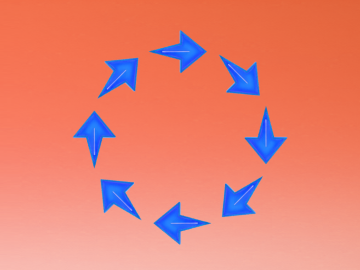The use of artificial intelligence (AI) in marketing is gaining widespread popularity. According to a January 2023 report by Statista, the market for AI in marketing is projected to surpass $107.5 billion by 2028, up from $15.84 billion in 2021. This remarkable growth trend speaks volumes about the increasing demand and effectiveness of AI in marketing.
AI is transforming how brands connect with their audience, offering new opportunities for automation and personalisation. A global survey conducted in 2022 on ways in which marketers use AI revealed that 90% of marketing professionals across 35 countries were leveraging AI tools to automate customer interactions. Another 88% of marketers found AI helpful in personalising the customer journey across channels.
Despite the rigorous use of AI tools for marketing, many organisations haven’t yet fully harnessed AI’s potential. According to a 2023 Mailchimp report based on a study by Forrester Consulting, 88% of marketers believe they need to increase the use of AI and automation to meet customer expectations and stay competitive.
Let’s take a closer look at how AI is reshaping marketing.
Personalised marketing
The era of generic, one-size-fits-all marketing has become obsolete. In today’s dynamic landscape, personalised marketing reigns supreme, powered by the formidable force of AI. It delves deep into the intricacies of individual customer needs, interests, and purchasing behaviours, orchestrating bespoke experiences that resonate intimately. It’s like having a personal shopper for everyone! Think about getting suggestions for products you’ll love, seeing website content based on your previous interactions, and receiving emails that feel personalised. This kind of marketing helps businesses make smart choices and run super-effective campaigns. Welcome to the future, where marketing feels tailor-made for you!
Data-driven decision making
AI has changed the game in B2B marketing by analysing a vast amount of information in real-time. This includes current trends, future predictions, customer behaviour, and market sentiment. This quick analysis provides marketers with instant insights into the market. In simpler terms, AI helps marketers see real-time trends, predict future movements, understand customer behaviour, and simplify data analysis. This allows marketers to spend more time developing smart strategies and less time crunching numbers. This shift to AI makes B2B marketing faster, smarter, and more adaptable to market changes.
Lead scoring and qualification
Traditionally, B2B lead scoring relied on manual assessment using a limited set of criteria, often proving time-consuming and subjective. The advent of AI has automated this process by analysing diverse data points, predicting conversion likelihood, and eliminating manual efforts. AI’s data-rich approach provides a nuanced understanding of lead potential, streamlining the sales process and allowing teams to focus on high-value leads. Its predictive analytics not only prioritise promising leads but also continuously learn from new data, ensuring a dynamic and effective lead qualification system that adapts to evolving market dynamics.
Content optimisation
In the conventional realm of content creation, marketers heavily relied on manual processes, involving brainstorming and editing based on past experiences. The optimisation was a separate and subjective step, lacking real-time adjustments for maximum impact. Enter the AI era, and content creation undergoes a significant shift. AI tools, powered by natural language processing, autonomously generate content, saving time and offering a strong starting point. AI’s ability to analyse user behaviour allows for personalised content, ensuring it resonates with individual B2B customers. Optimisation, A/B testing, and data-driven insights are streamlined by AI, ensuring that content is not just created but continually refined for maximum impact in a rapidly evolving digital landscape.
Account-based marketing (ABM)
In traditional B2B marketing, companies try to reach a broad audience without focusing. This could bring in leads, but it often missed reaching the right decision-makers, making things less efficient. Now, with AI, things are changing. AI helps B2B marketers be more precise and effective with account-based marketing (ABM). It uses smart data analysis to target specific decision-makers in a personalised way, predicts their needs, and learns from the results to keep improving. This means companies can now be more focused, efficient, and successful in getting the attention of the right people and turning them into customers.
Summing up
The pervasive adoption of AI in brand marketing signifies a paradigm shift aimed at elevating strategies and securing a competitive advantage. The ongoing evolution of AI technology promises marketers the ability to deliver increasingly nuanced and personalised experiences while honing their targeting methodologies. The dynamic landscape, however, necessitates a delicate equilibrium between technological prowess and ethical responsibility. Striking this balance is imperative to ensure that the strides made in AI-driven marketing not only enhance business outcomes but also foster fairness and mutual benefit for both enterprises and consumers. As brands delve deeper into the potential of AI, a conscientious approach becomes paramount to navigating the ethical considerations inherent in this transformative journey.





